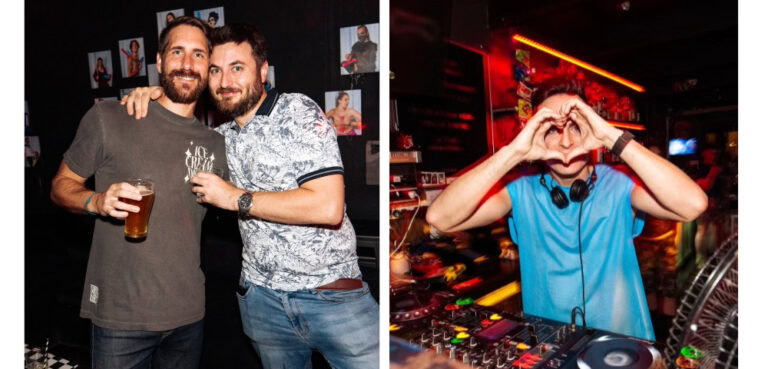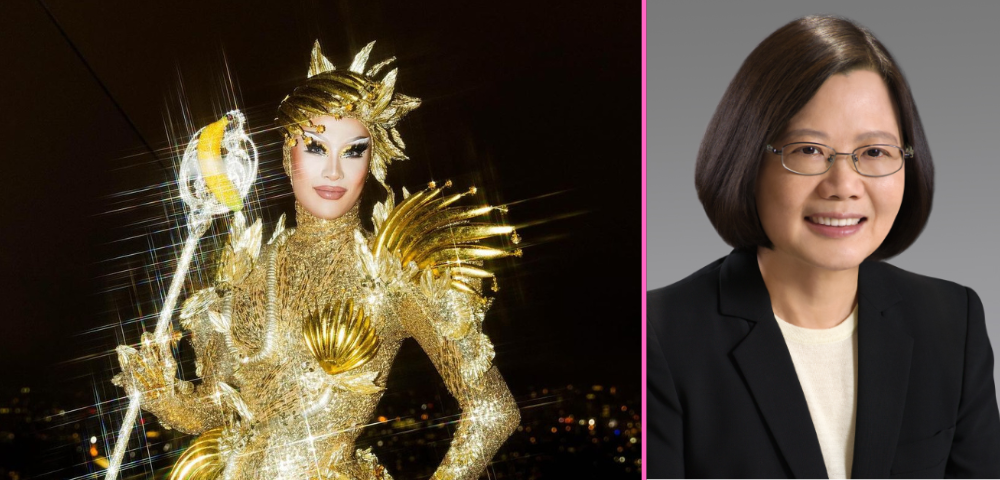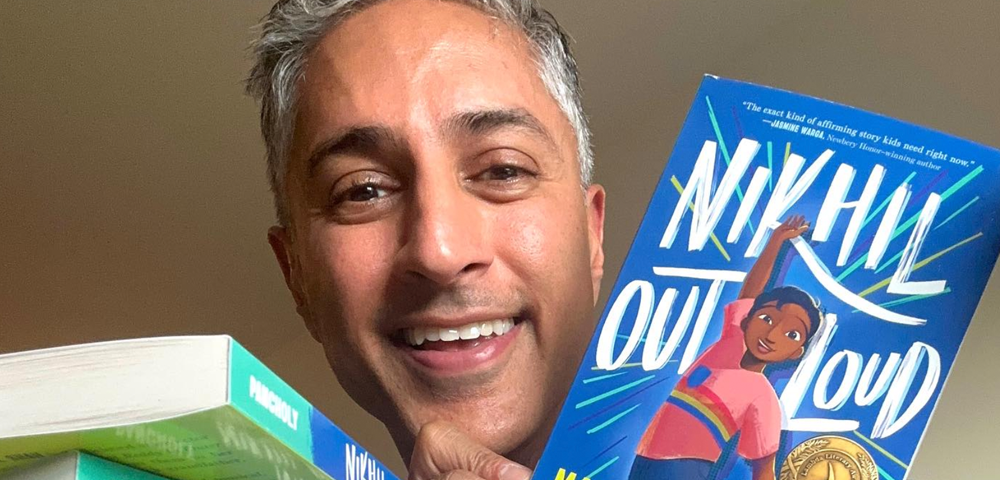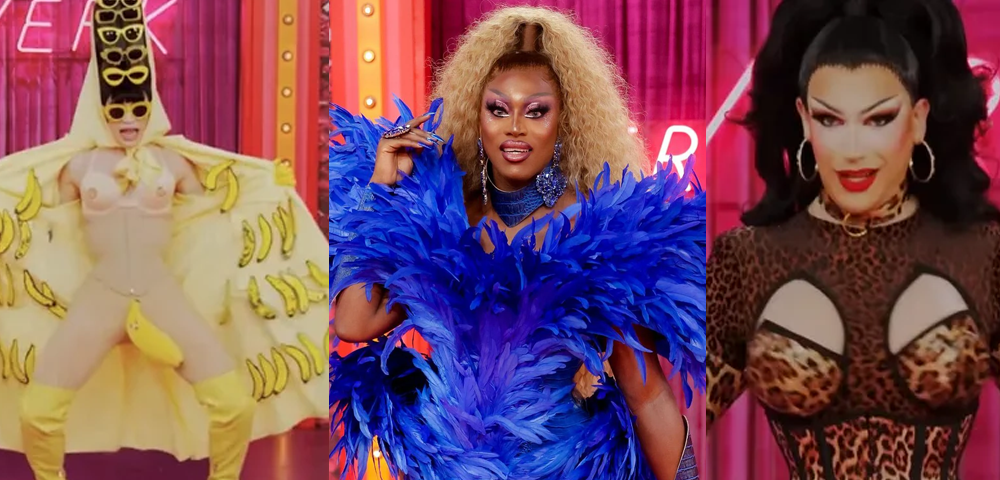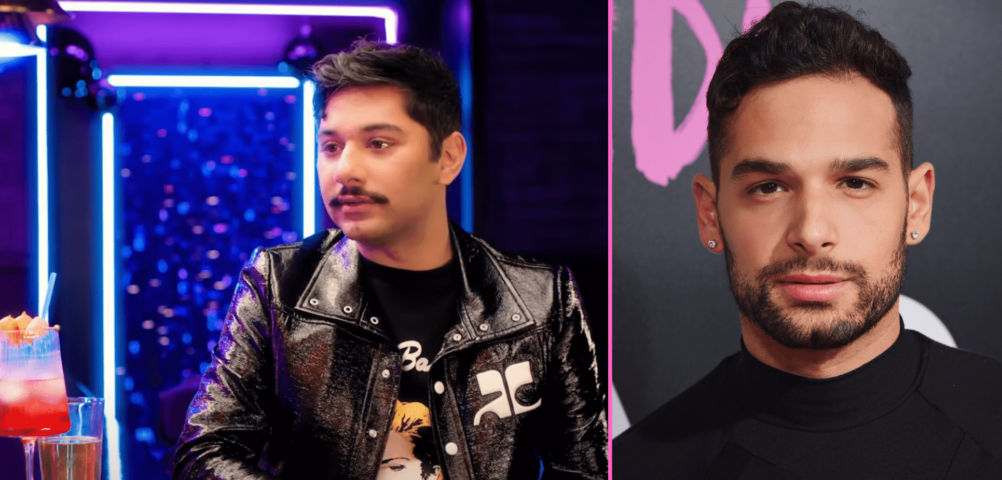
Gayming: Bringing the queer community together one level at a time

GAMING has become the biggest form of entertainment in the past decade, making up more than the film and music industry combined. Grand Theft Auto V made over one billion dollars in the US in the game’s first three days of release, making it the highest grossing product in entertainment.
But away from the mainstream gaming community, and the industry’s discrimination against queer people, the LGBTI community has come together to share their love of video games in a safe space.
According to the Game Developers’ Association of Australia, queer gamers make up eight to 10 per cent of the overall community.
Queer people find a certain appeal to identifying as a ‘gaymer’ – as opposed to a gamer which is often seen as a heterosexual white male.
Brooke Everett is the administrator of the Sydney Gaymers Facebook group, and is the events organisers for the group’s Women’s Event.
“There’s so much more freedom to express yourself,” Everett said.
“If you identify as any sort of queer spectrum then you’re entirely able to be anything you ever wanted to be.”
The group’s administrator and co-event organiser Peak Distapan said being a part of an ostracised community plays a part in bringing gaymers together.
“It tends to foster more of an accepting community when you do find people who are like you,” Distapan said.
Sydney Gaymers members come together to enjoy themselves at the group’s main monthly event. There is indeed a market for it as community-run groups like Sydney Gaymers, which has almost 2000 followers help bring together fans of the digital medium from all across New South Wales, hosting monthly events for lesbian, gay, bisexual and transsexual gamers, and everyone in between.
“We’re about creating an inclusive space where people can explore their interests and come together and hangout,” Distapan said.
“In a hobby that’s dominated by so much toxic behaviour from certain groups of people, it’s important to create a safe space for these people to congregate.”
Sydney’s first and only queer gaming expo, GX Australia in February sold nearly 800 tickets after successfully crowdfunding $55,624 for the event. Organisers invited a range of high profile developers, writers and community leaders who support queer representation.
“We actually specifically decided that we didn’t want it to be [named after the American queer expo,] Gaymer X because it has the word ‘gay’ in the title which is somewhat exclusionary,” said the Game Developer’s Association of Australia’s events co-ordinator and co-founder of GX Australia, Liam Esler.
“We wanted GX Australia to be open and welcoming to people of all minorities and to women and to non-gay people – and non-gay men specifically.
“I had a lot of people [approach me] during the event and afterwards saying, ‘this is the first time I’ve had people refer to me by [my] preferred gender pronoun’, and that meant a lot to them.
“A lot of straight guys [also approached me] and said, ‘hey, I thought diversity was important before but this has helped me understand it in a whole new way. I get it now’.”
Esler said for a lot of queer youth in particular, who don’t get to be ‘out’ at home – and for those who aren’t ‘out’ at home – it provided them with a space to feel comfortable and get to know a little bit more about the community that they’re a part of.
GX Australia co-founder Joshua Meadows said it was inspiring to hear from people what the event meant to them.
“Especially those who travelled considerable distance to attend or those who had to get over depression or anxiety to show up. It was a lot of bravery and it felt incredible to be a part of that,” he said.
Despite the positivity, the queer gaming community are still facing discrimination in online gaming as some members of the general community act territorially about their hobby.
“[Words like] ‘dyke’ are being slung everywhere and people don’t even know whether I am or not, and they don’t particularly care,” Brooke said.
“They’re going to use me being a woman or being a lesbian as a slur, no matter what.”
Esler chooses not to play multiplayer games because he knows he’ll get a lot of abuse.
“Even just hearing ‘faggot’ or ‘cocksucker’, these people don’t mean it in a homophobic way but it’s still a little bit like, ‘oh, okay that’s not great’,” he said.
Video games are also beginning to effectively portray LGBTI people in a realistic way that’s completely unique to the interactive medium.
“Through games and representation of characters, we can – ‘normalise’ – the perception of different racial groups or minorities in ways that we just can’t do in other mediums,” Esler said.
“Anecdotally in the industry, we see a lot of positive response towards queer content in games despite the backlash that occurs.”
Two of these positive responses came from video game developer Bioware and their fantasy role-playing game, Dragon Age: Inquisition, and the characters of Krem, Dorian and Sera who each represented a different letter in the identities of the LGBTQ+ community.
“Krem, who’s a female to male transgender character, was the first time we ha[d] seen that kind of representation of a trans person in such a positive light. You can get to know Krem and Krem’s story over a period of time – and you get to know the character and their backstory – and that’s actually a really powerful way of changing people’s minds about things.”
According to the International Game Developers’ Association’s yearly satisfaction surveys, there’s a fairly representative amount of queer and trans people in the video game industry. In fact, their 2015 end of year survey concluded that the industry was made up of 73 percent heterosexual, four percent homosexual, 12 percent bisexual and two percent of pansexual, transsexual or other sexualities.
“We have a force of people that once armed with the right tools and knowledge can go and actually help make change within the industry itself,” Esler said.
“What we’re trying to do with the IGDA’s LGBTQI+ special interest group and GaymerX is talk to people in the industry and say, ‘here’s the information and the tools you need to encourage your companies to have more diverse representation in your games, to think about some of these issues more deeply and with more empathy.”
Gaymers only want to be treated as equals by the rest of the gaming community, with adequate representation and the inclusiveness that other groups feel at mainstream events like the Penny Arcade Expo.
Peak said the many in the gaming community think gay people only care about marriage equality.
“A lot of people – gay and straight – seem to forget that (there’s other issues),” he said.
“It’s just about letting these people know, ‘we’re not trying to take your games, we just want to love video games too; let us have our space’…What society thinks is a gamer is changing and what gamers are has been changing, and [gaymer culture will] always be there. It just might not be what it is now.”
“Even if representation of us is better in media – game, cinema and TV – we’re still going to be minorities,” said Liam. “We’ll still see minority groups and ‘gaymer’ groups exist because it’s not like we’re going to become mainstream.”
“We’re never going to be mainstream [and] we know that, and that’s fine. All that we’re asking for is just a little bit of representative representation.”


